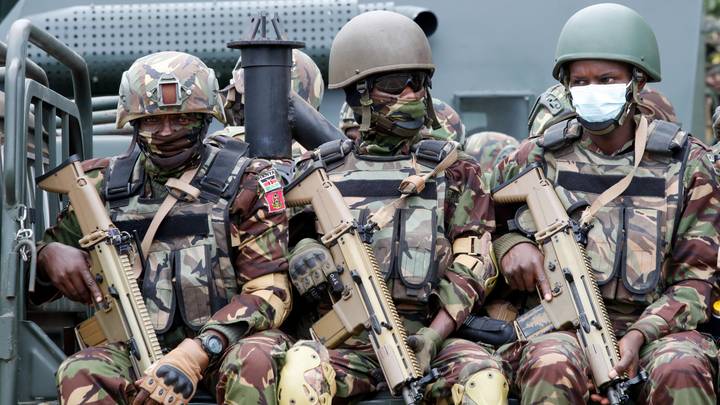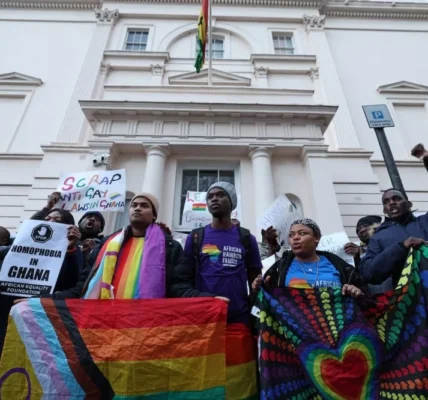
KENYAN police established roadblocks on routes leading to the presidential palace on Thursday as some protesters vowed to ‘occupy State House,’ despite President William Ruto’s decision to withdraw proposed tax hikes. The tax proposals had ignited a week of nationwide demonstrations.
President Ruto’s withdrawal of the finance bill came a day after violent clashes resulted in at least 23 deaths and saw protesters storming and setting parts of the parliament building on fire. The move represents a significant concession to the youth-led protest movement, which began online and quickly escalated into mass rallies demanding political reform.
While some demonstrators expressed satisfaction with the withdrawal, others remained resolute, calling for continued protests until Ruto resigns. Boniface Mwangi, a well-known social justice activist, supported the demonstrations but opposed attempts to invade State House, warning that such actions could incite more violence and justify a harsher government response.
In Nairobi, police and soldiers patrolled the streets, blocking access to State House. Tear gas was used to disperse small gatherings in the city centre, although these crowds were much smaller than those seen in previous days. Reuters reported the presence of army vehicles in the streets as the government deployed the military to assist the police.
Hundreds of protesters also gathered in Mombasa and Kisumu. While some protesters decided not to demonstrate following the finance bill’s withdrawal, others insisted that only Ruto’s resignation would satisfy their demands.
Political activist Davis Tafari told Reuters, ‘We have to ensure that Ruto and his MPs resign and fresh elections are held. We occupy State House for dignity and justice.’ Eli Owuor from Kibera, a known protest hotspot, also expressed willingness to push towards State House to make their point clear.
In a speech on Wednesday, President Ruto defended the necessity of raising taxes to manage Kenya’s significant debt but acknowledged the public’s overwhelming opposition to the finance bill. He announced plans to engage in dialogue with the youth and implement austerity measures, starting with cuts to the presidential budget.
The IMF, which has urged Kenya to reduce its deficit to secure additional funding, expressed concern over the recent violence. ‘Our main goal in supporting Kenya is to help it overcome the difficult economic challenges and improve the well-being of its people,’ the IMF said in a statement.
Ratings agency Moody’s indicated that the shift to spending cuts would complicate future IMF funding and slow fiscal consolidation. Analysts at JPMorgan maintained their deficit forecasts but noted that recent events might prompt revisions.
Unlike past demonstrations in Kenya, often driven by political figures and ethnic tensions, the current protests have broad support from citizens frustrated with rising living costs and corruption. Protests occurred in most of Kenya’s 47 counties, including President Ruto’s hometown of Eldoret.
The Kenya Medical Association reported at least 23 deaths nationwide and 30 individuals being treated for bullet wounds. Medical officials in Nairobi stated that scores were injured in the protests.
President Ruto’s climbdown represents a significant victory for the protest movement, but the path forward remains uncertain as demonstrators continue to push for deeper political changes.













